Hot Water Bath Vs Cold Water Bath – Which One Is Better According To Ayurveda?
Learn the key differences between these techniques to make the right choice for your mane!
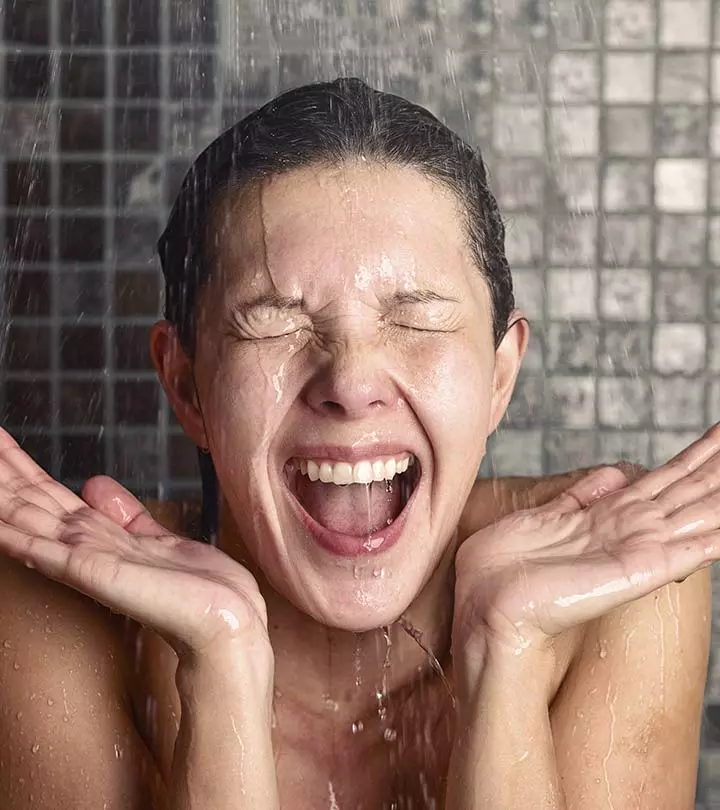
Image: shutter stock
Are you stuck between choosing hot water and cold water for bathing? The hot water bath vs. cold water bath debate has been on for a long time now. While each has its benefits to offer, what one must opt for depends on various factors like age, current season, habits, history of the disease, etc. Continue reading to understand the benefits both hot and cold water baths can offer.

In This Article
Cold Shower Vs Hot Shower
There is a huge impact of water temperature on skin health. There is a link between your shower water temperature and blood circulation along with other body functions. Let us have a look at the benefits of hot and cold water showers here:
Benefits Of A Cold Water Bath

- A cold water bath tends to stimulate the nerve endings and gives you a kick start in the morning (1). It also helps in getting rid of the laziness.
- Cold water baths increase the release of depression-beating chemicals such as beta-endorphinsi Protein hormones released by the pituitary gland that relieve pain when you are under physical or mental stress. and thus help you alleviate depression(2).
- Studies have shown that a cold water bath improves reproductive health in men by stimulating the release of testosterone.
- It may also help in improving lung function.
- It is best to opt for a cold water bath for improving circulation in the body.
- Cold water baths stimulate the lymphatici An organ, tissue, and vessel network that transports lymph, a colorless, watery fluid, into the bloodstream. and immune systems of the body, So it is best to prefer cold water baths for immune system boosting as it enhances the production of cells that fight against infections (3).
Siri Schubert, a blogger, started swimming in ice-cold lake water during the pandemic and shared her experience on her blog: “First, upon entering [the lake water], the burning sensation on my skin, then the rush that takes my breath away and then: the calm. A feeling so profound that it erases all stresses and makes me feel like I am floating in space (i).”
A study was conducted on 3018 healthy participants without any prior cold bathing experience were subjected to hot to cold water showers for 30, 60, and 90 for 30 days followed by cold showers for 60 days. The study showed that 79% of the participants reduced their lack of sickness by 29% compared to those taking normal hot showers.
 Did You Know?
Did You Know?Benefits Of A Hot Water Bath
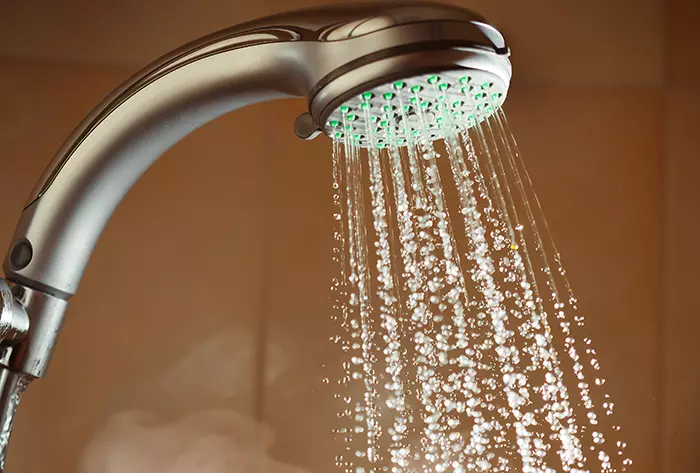
- As we all know, warmer temperatures tend to kill more germs so it’s best to go for a hot water bath for detoxification.
- Studies show that a hot water bath improves the flexibility of muscles and also helps relax sore muscles (4). It acts as hot water therapy for muscle relaxation.
- A hot water bath reduces the sugar levels in the body, making your body less prone to hyperglycemiai High blood sugar that may occur due to low insulin levels, high carbohydrate meals, or intake of certain medications. .
- It is also beneficial to treat a cough and cold as the steam helps to clear the airways and decongest your throat and nose (5).
Key Takeaways
- Cold water baths may boost your immune system and improve your lung function.
- Hot water baths relax sore muscles and increase flexibility and help clear the airway and nose.
- Prefer cold water baths for muscle recovery.
- Ayurveda suggests taking cold baths for younger people and warm baths for older individuals.
- Massaging your body with sesame oil before a bath rejuvenates your muscles and improves skin texture.
How To Choose Between Cold And Hot Water Baths – As Per Ayurveda
Is it better to shower with cold or hot water? Ayurveda has got an answer for you. Ayurveda suggests that you must use hot water for the body and cold water for the head since washing your eyes and hair with hot water is not good for your health. There can be severe negative effects of hot water on hair and health. Ayurveda suggests that the temperature of the water must be based on the following factors:
1. Based On Age
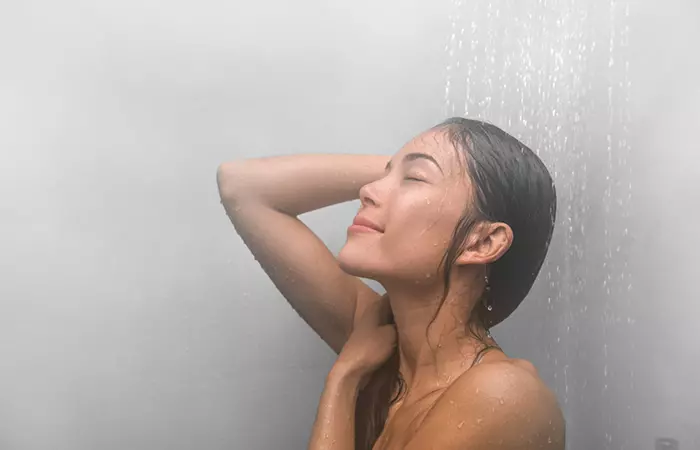
Youngsters should opt for cold water showers for skin health improvement. For old people, it is suggested to bathe with hot water. But if you’re a student and dedicated to spending more time on studies, bathing with cold water will be beneficial for you.
2. Based On The Body Type
If your body type is Pitta, it is better that you use cold water to take a bath, and if your body type is Kapha or Vata, use hot water.
3. Based On Diseases
If you’re suffering from any Pitta-related disease, such as indigestion or liver disorders,
a cold water bath for rejuvenation will be very beneficial for your health. And if you’re suffering from Kapha or Vata-related disorders, then a hot water bath is preferred.
If you’re an epilepsyi A central nervous system disorder caused by variations in brain activity that cause convulsions, unconsciousness, or strange behavior. patient, both hot water and cold water bath are not recommended. Instead, take a bath with lukewarm water.
4. Based On Your Habits
If you work out regularly, a hot water bath is suggested.
5. Based On What Time You Bathe

If you bathe in the morning, it is good to bathe with cold water. But if you’re bathing at night, take a hot water bath for relaxation. Since evening time is dominated by Vata, bathing with hot water will be beneficial. It is recommended that you opt for a hot water bath for better sleep.
How To Bathe According To Ayurveda
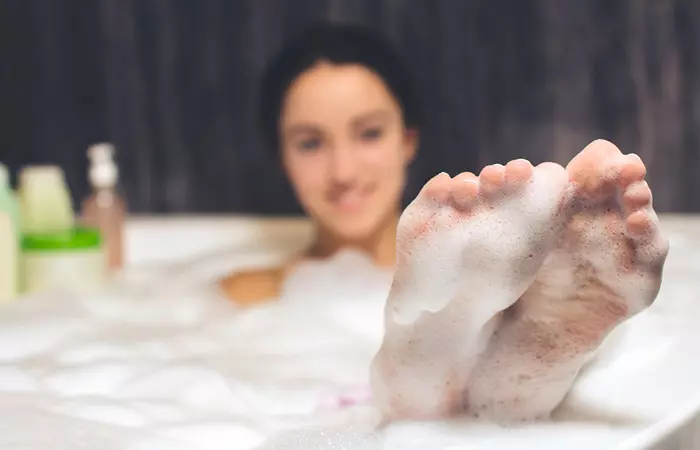
 Quick Tip
Quick TipAccording to Ayurveda, “A hurried bath is similar to hurried food, and your body does not reap all the benefits and get cleaned properly if you rush bathing.” To gain freshness, a good bathing experience is a must.
You should follow the process slowly so that every part of your body is exposed properly to water. Here’s how you should bathe:
- Start off by washing your hands and feet.
- If you’re bathing with cold water, your approach should be from the head to the toe.
- And if you’re bathing with hot water, start by washing your toes first and then move upwards to the head.
- When it comes to soap, avoid chemically-loaded soaps available on the market as the skin absorbs all the chemicals from the soaps.
- Indulging in a good oil massage with mustard oil or sesame oil before a bath is said to be beneficial for your body. It revitalizes the muscles and improves the texture of the skin.
- Though you must not rush while bathing, doing it for too long is also not suggested. Also, for better hygiene, bathing twice a day is enough.
- You can add a few neem leaves to the water and leave them for some time. Then, take a bath in this water. It will improve the health of your skin.
A shower after an intense workout session is essential. But should you go for a hot shower or a cold one? Find out in the next section.
Should You Take A Hot Or Cold Shower After A Workout?
Taking a hot water shower after a workout may be more beneficial as it does not affect your training gains and may even boost your strength and performance. This is particularly helpful for sports such as climbing, wrestling, or karate (6). A cold shower, on the other hand, may not aid in post-exercise recovery, but there are other cold shower benefits, which also include improving heart health by reducing cardiac stress (7). It is important to note that research is limited in this regard.
Hence, you can choose a hot or a cold shower based on your preference.
Infographic: Common Bath Mistakes You Should Avoid According To Ayurveda
According to Ayurveda, your age, the season, any health conditions, and the time of day play an essential role when deciding between hot and cold baths. However, you should avoid some common mistakes to prevent certain diseases and body pains. Check out the infographic to learn more and follow a healthy bathing routine.
Some thing wrong with infographic shortcode. please verify shortcode syntax
While you may have your personal preference when it comes to hot water baths vs. cold water baths, the above discussion would help you make an informed choice as per your requirement and skin type. Hot water baths and skin health go hand in hand and have similar relation as cold water baths and skin health do. While cold water helps stimulate your nerve endings, gearing you up for a refreshing start to the day, hot water baths for muscle soreness can be extremely relaxing. Thus, both hot and cold showers have their own health benefits. The best choice depends on your personal needs and situation, like your age, health, and the time of day.
Frequently Asked Questions
Do cold showers burn fat?
Cold water may increase metabolic rate and aid in burning calories which may result in weight loss (8).
Does hot water damage skin?
Yes, hot water may damage skin barrier function and cause skin dryness so it’s best to avoid hot water shower for skin’s natural glow retention (9).
How long should you take a hot bath for?
You should ideally take a hot bath for 15 to 30 minutes.
Some thing wrong with illustration image shortcode. please verify shortcode syntaxUncover the unexpected side effects of bathing in hot water in this eye-opening video. Explore valuable health tips and gain a deeper understanding of how you can prevent these harmful effects and protect your health.
Personal Experience: Source
StyleCraze's articles are interwoven with authentic personal narratives that provide depth and resonance to our content. Below are the sources of the personal accounts referenced in this article.
i. What I learned from 90 Days of Cold-Water Swimminghttps://medium.com/cool-wave-stories/what-i-learned-from-90-days-of-cold-water-swimming-75d738b0f888
References
Articles on StyleCraze are backed by verified information from peer-reviewed and academic research papers, reputed organizations, research institutions, and medical associations to ensure accuracy and relevance. Read our editorial policy to learn more.
- Scientific Evidence-Based Effects of Hydrotherapy on Various Systems of the Body
https://www.ncbi.nlm.nih.gov/pmc/articles/PMC4049052/ - Adapted cold shower as a potential treatment for depression
https://pubmed.ncbi.nlm.nih.gov/17993252/ - The Effect of Cold Showering on Health and Work A Randomized Controlled Trial
https://www.ncbi.nlm.nih.gov/pmc/articles/PMC5025014/ - History of the Baths and Thermal Medicine
https://www.ncbi.nlm.nih.gov/pmc/articles/PMC5535692/ - The effects of daily bathing on symptoms of patients with bronchial asthma
https://www.ncbi.nlm.nih.gov/pmc/articles/PMC4850334/
- Post-exercise cold water immersion attenuates acute anabolic signalling and long-term adaptations in muscle to strength training
https://www.ncbi.nlm.nih.gov/pmc/articles/PMC4594298/ - Effect of Cold Shower on Recovery From High-Intensity Cycling in the Heat
https://www.researchgate.net/publication/334729164_Effect_of_Cold_Shower_on_Recovery_From_High-Intensity_Cycling_in_the_Heat - Human physiological responses to immersion into water of different temperatures
https://link.springer.com/article/10.1007/s004210050065?noAccess=true - Impact of Water Exposure and Temperature Changes on Skin Barrier Function
https://pubmed.ncbi.nlm.nih.gov/35053992/
Read full bio of Dr. Jayaprakash
Read full bio of Shaheen Naser
Read full bio of Arshiya Syeda
Read full bio of Himanshi Mahajan










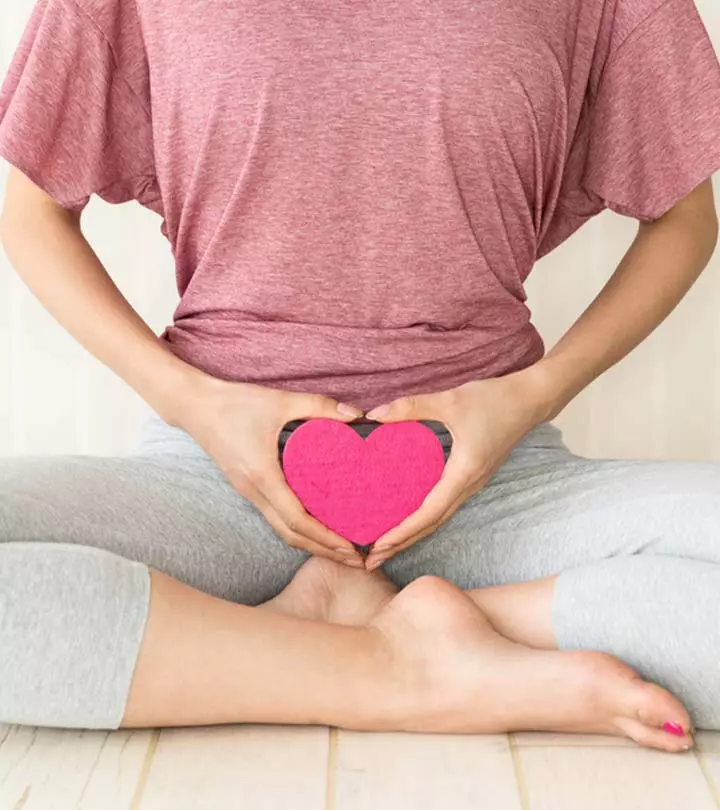
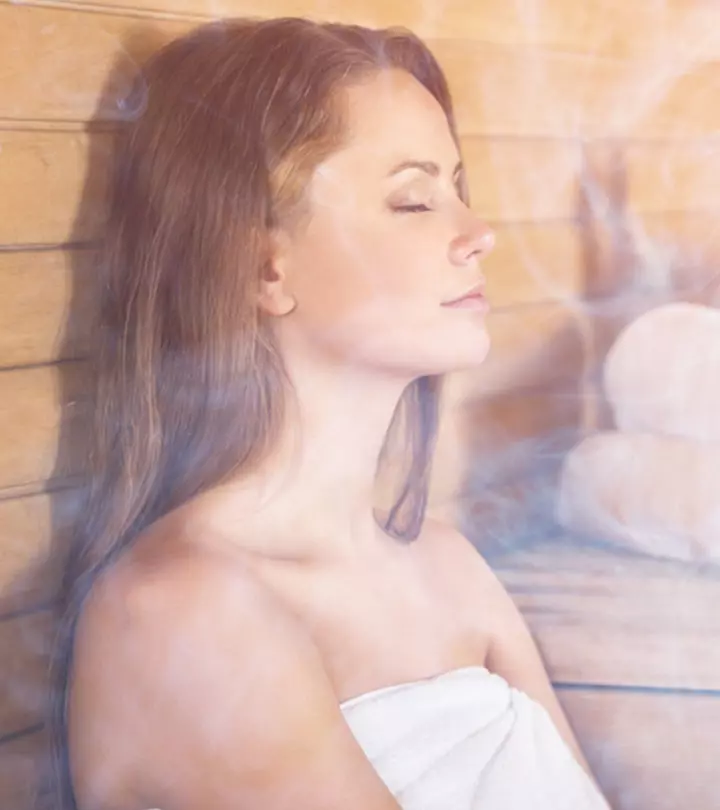
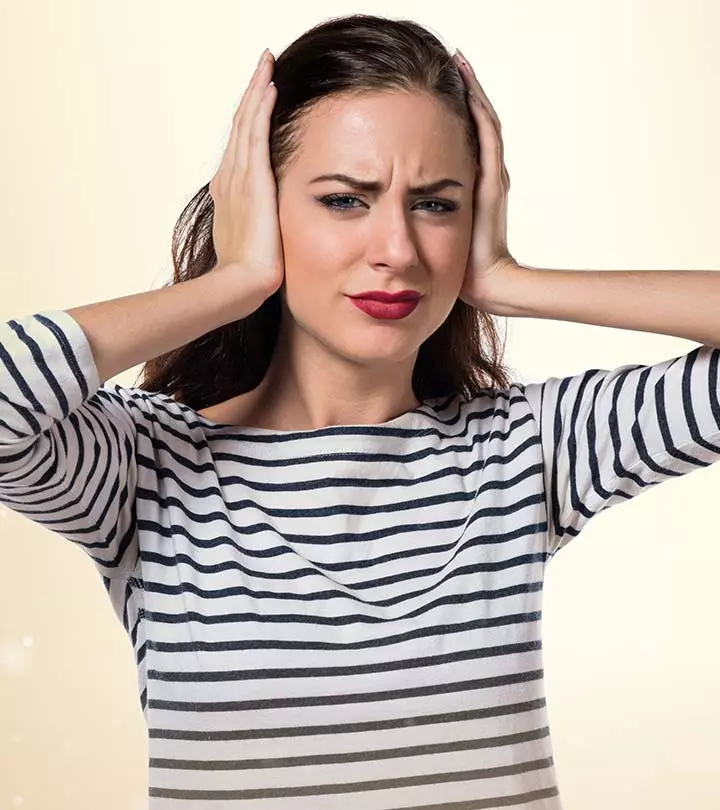




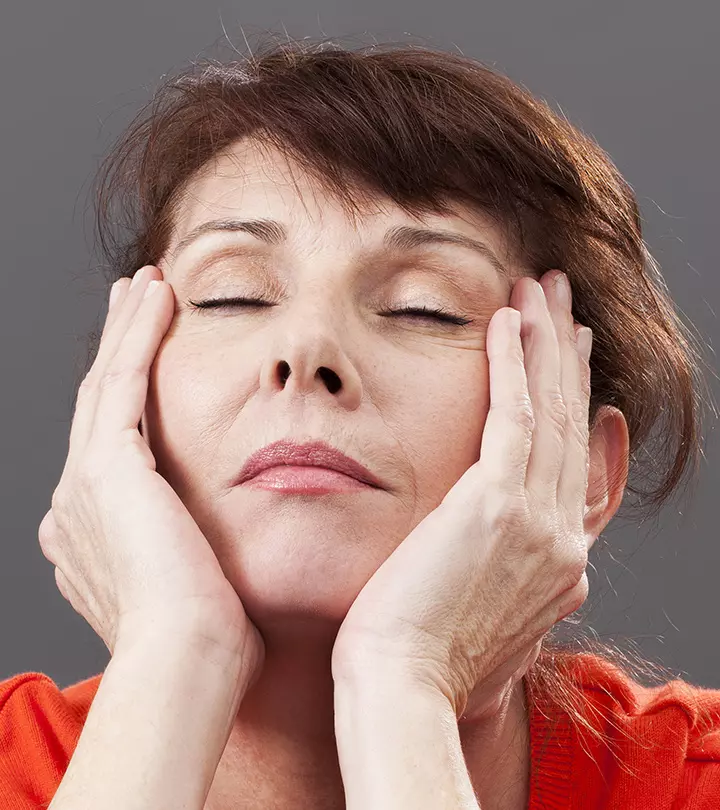

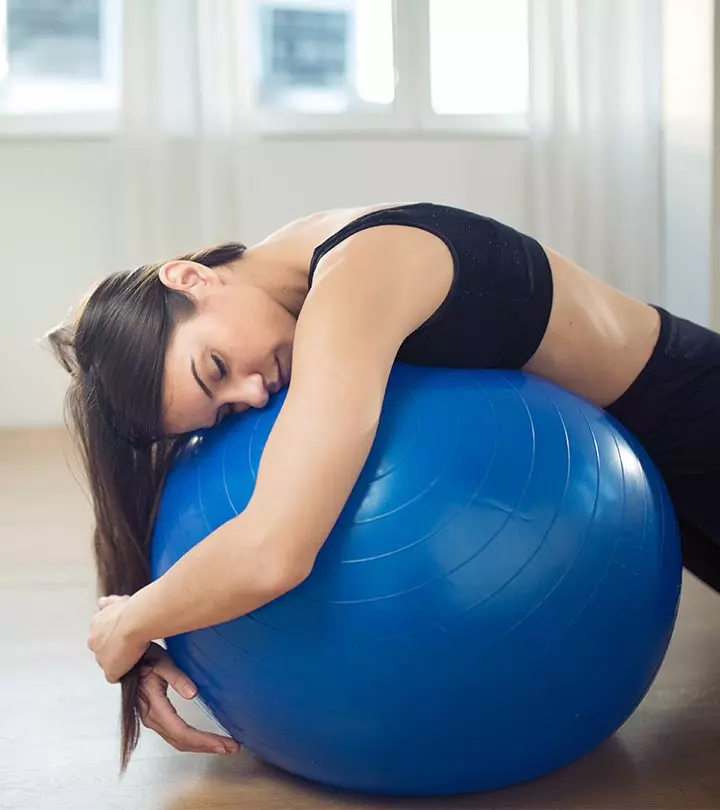


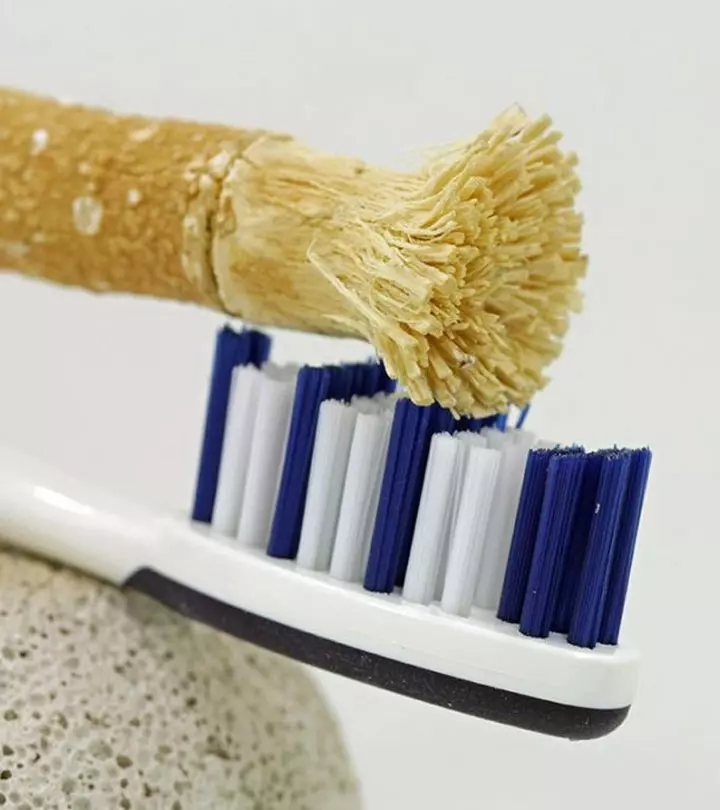

Community Experiences
Join the conversation and become a part of our empowering community! Share your stories, experiences, and insights to connect with other beauty, lifestyle, and health enthusiasts.